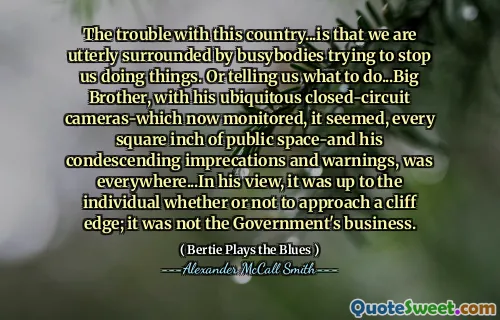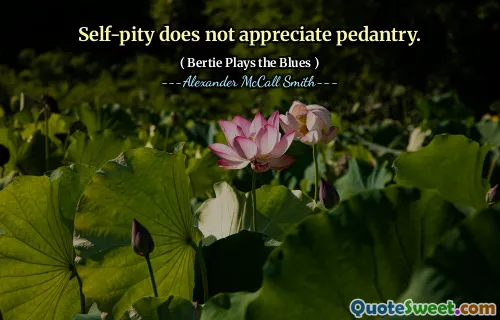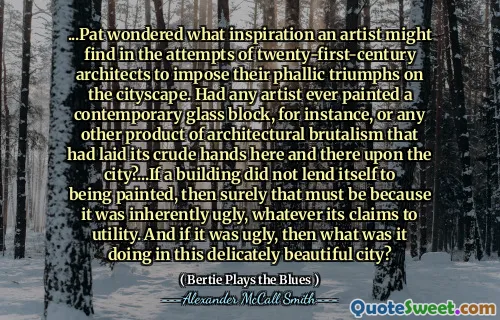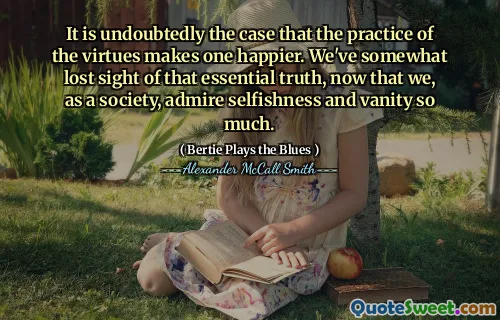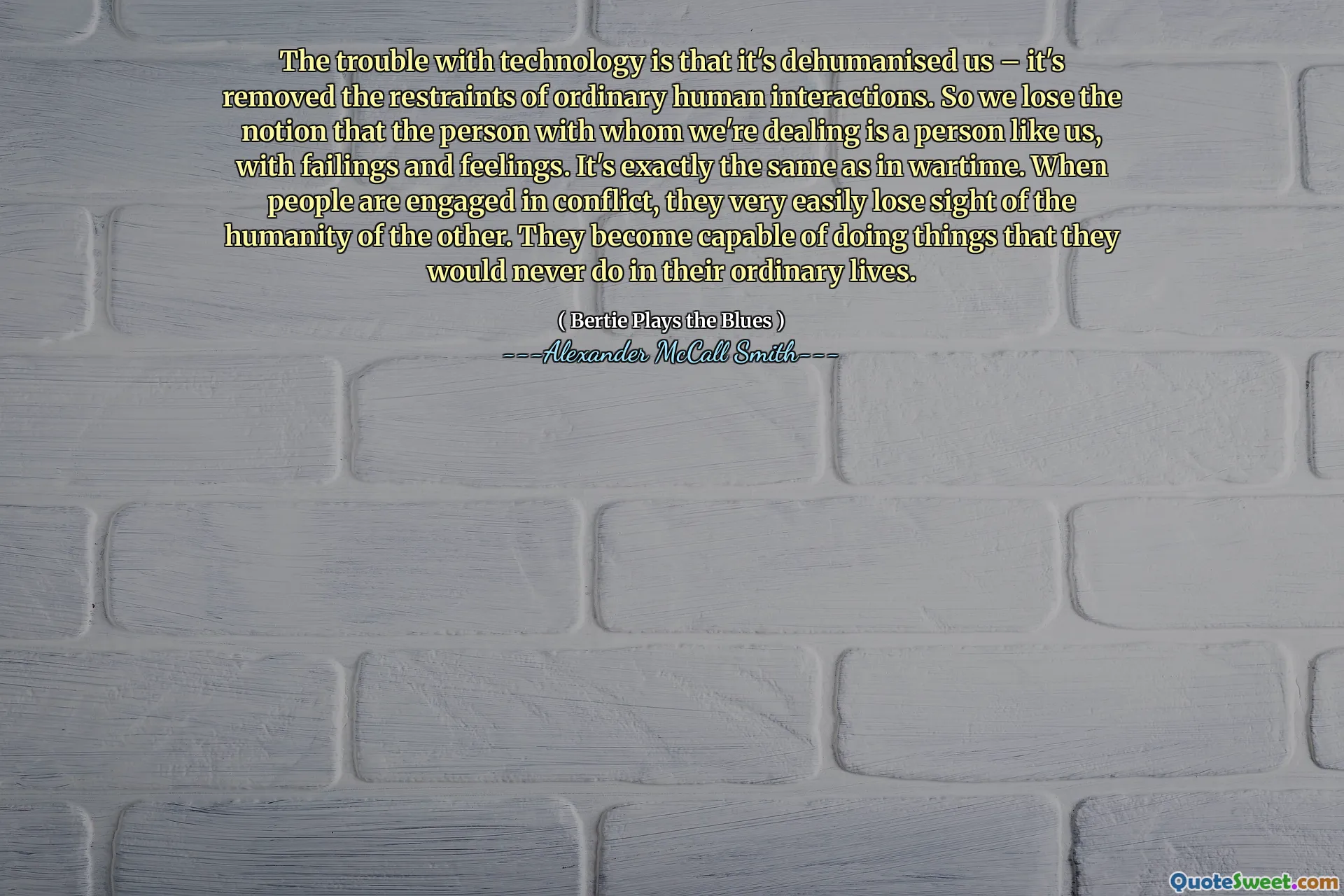
The trouble with technology is that it's dehumanised us – it's removed the restraints of ordinary human interactions. So we lose the notion that the person with whom we're dealing is a person like us, with failings and feelings. It's exactly the same as in wartime. When people are engaged in conflict, they very easily lose sight of the humanity of the other. They become capable of doing things that they would never do in their ordinary lives.
The author Alexander McCall Smith reflects on the impact of technology on human relationships, suggesting it has diminished the human element in our interactions. As technology simplifies and depersonalizes communication, it obscures the fact that we are dealing with individuals who have their own emotions and imperfections. This leads to a disconnect, where people may fail to recognize each other's humanity due to the faceless nature of digital interactions.
Smith draws a parallel between this technological disconnect and the dehumanization often seen in wartime situations. In conflict, individuals can forget the shared humanity of their opponents, which can lead to actions they would not typically consider. This comparison highlights the risks of losing empathy and understanding in both everyday and extreme situations, emphasizing the need to maintain awareness of our shared human experiences.


